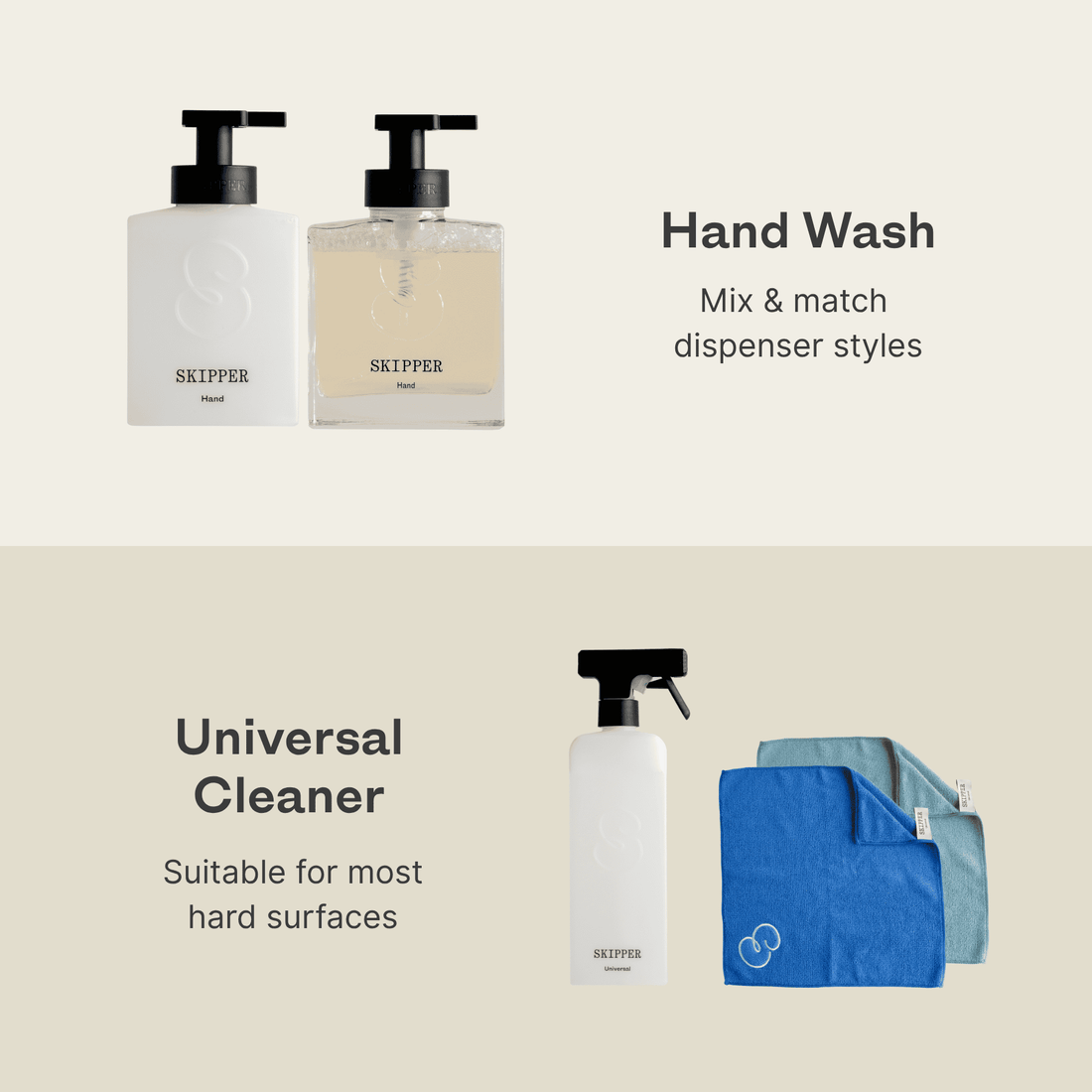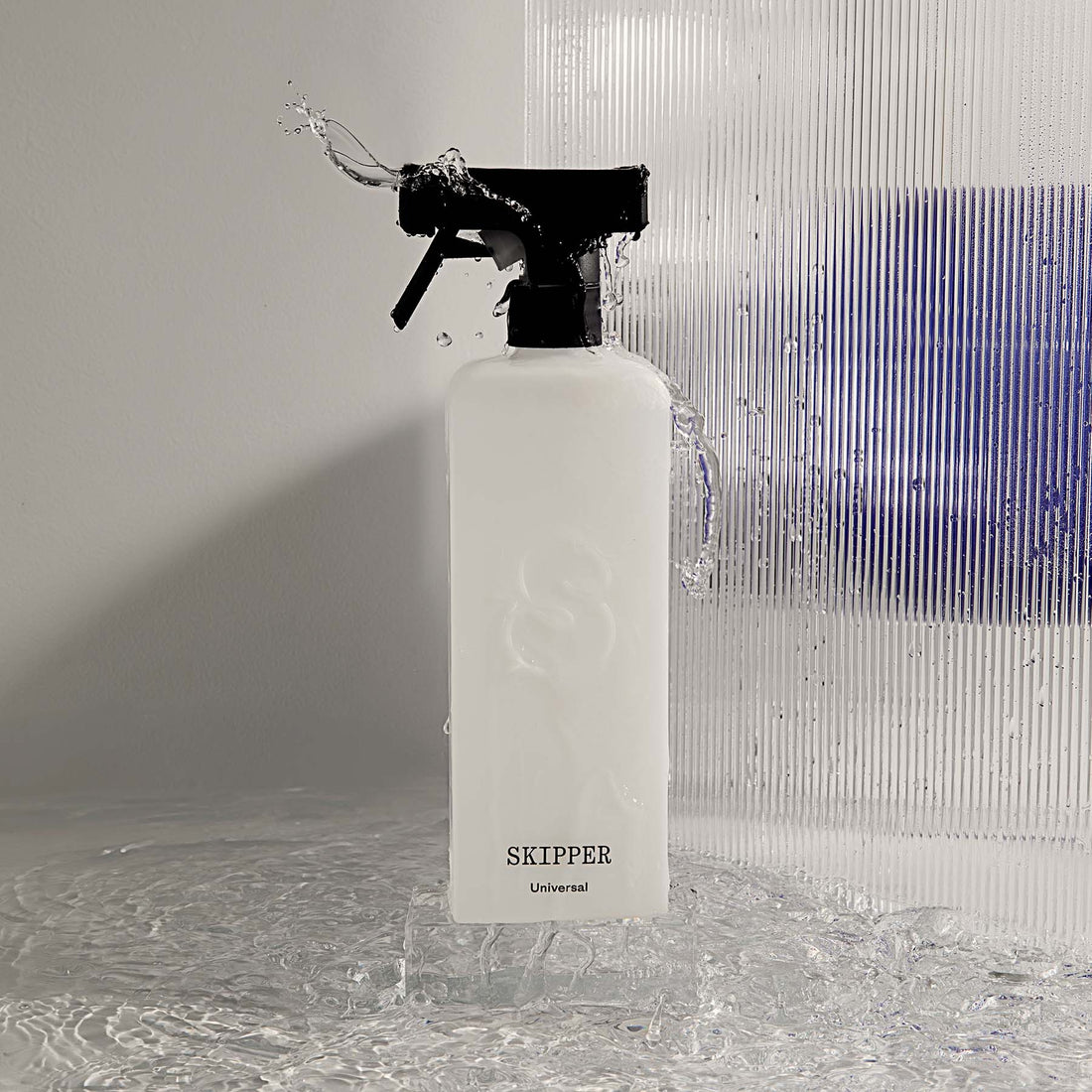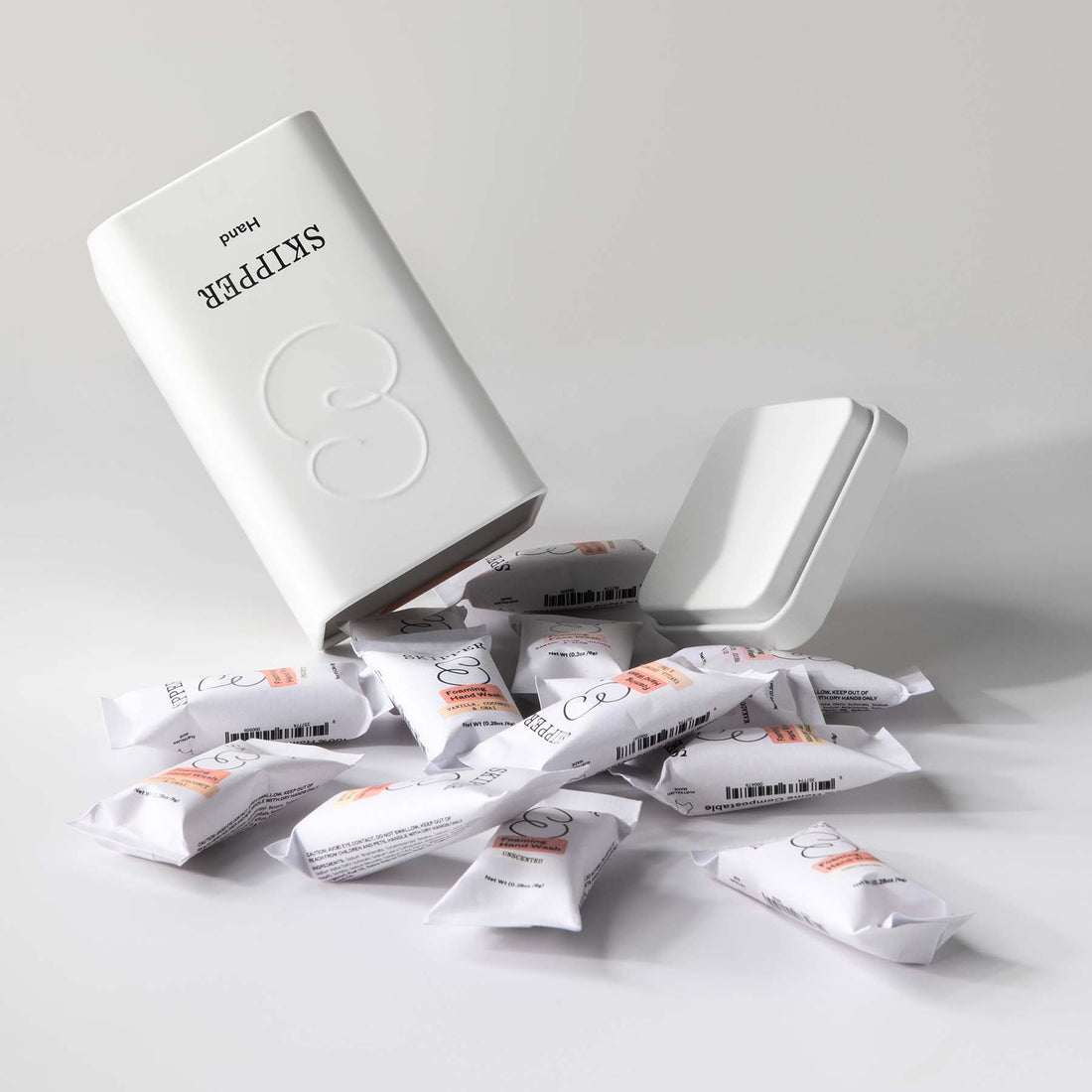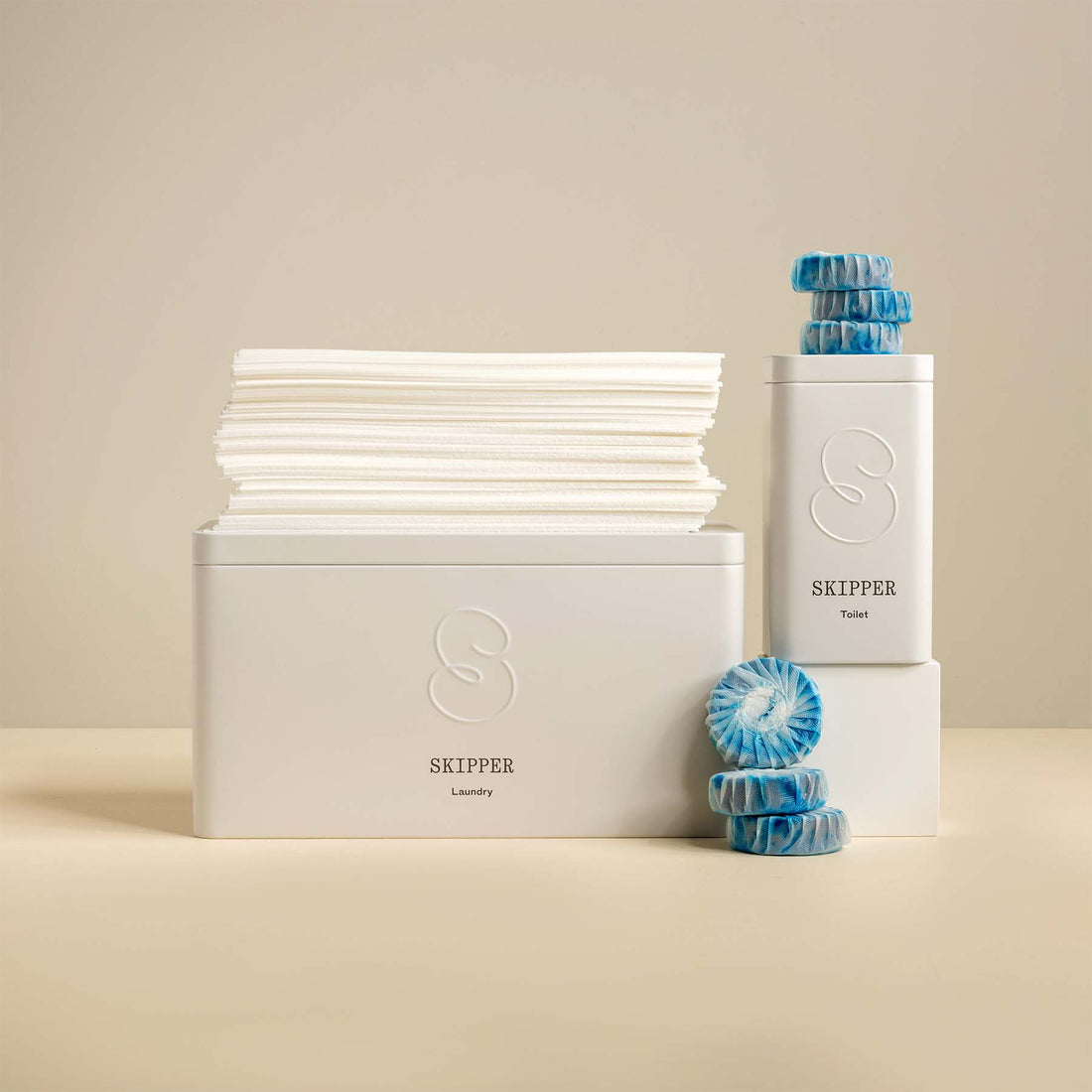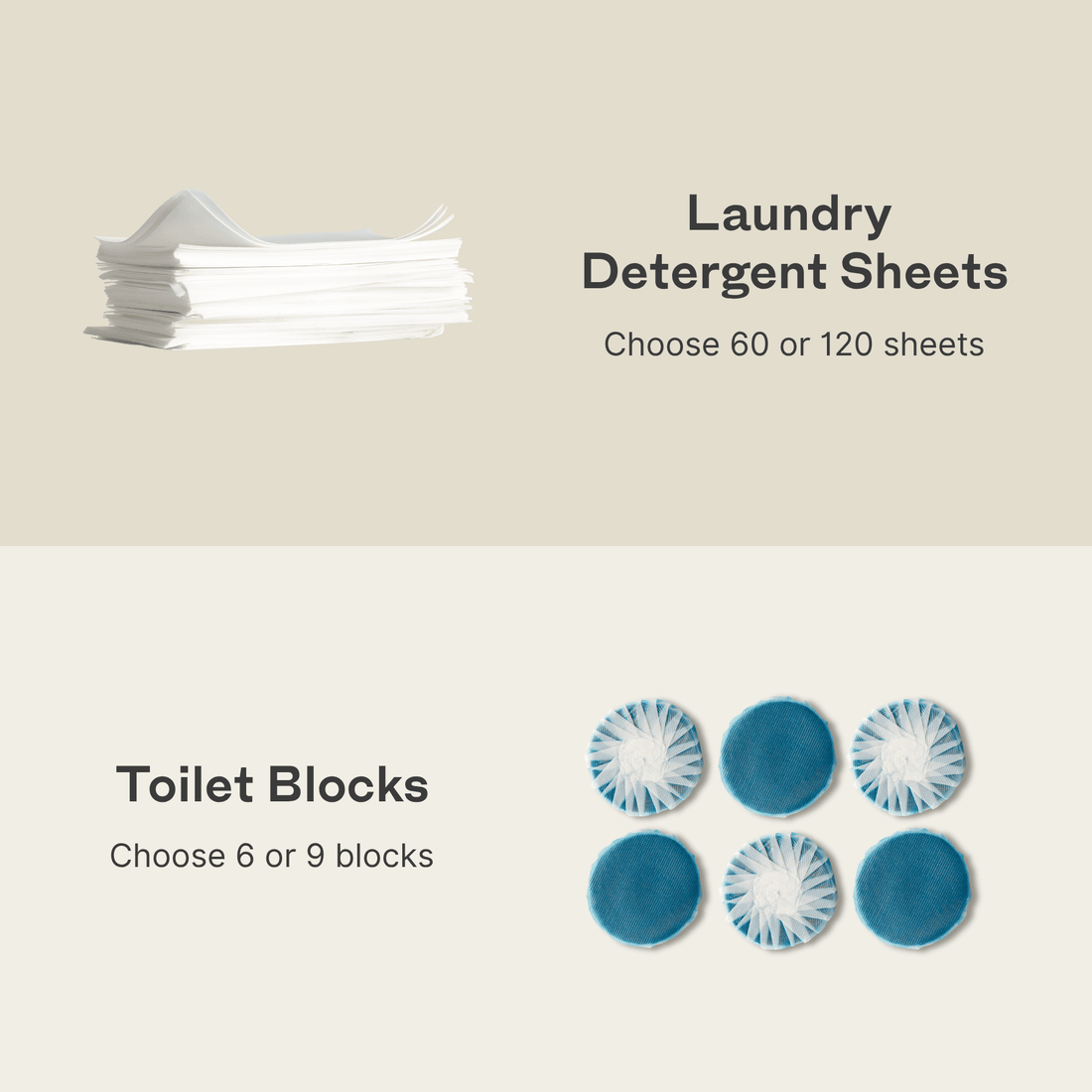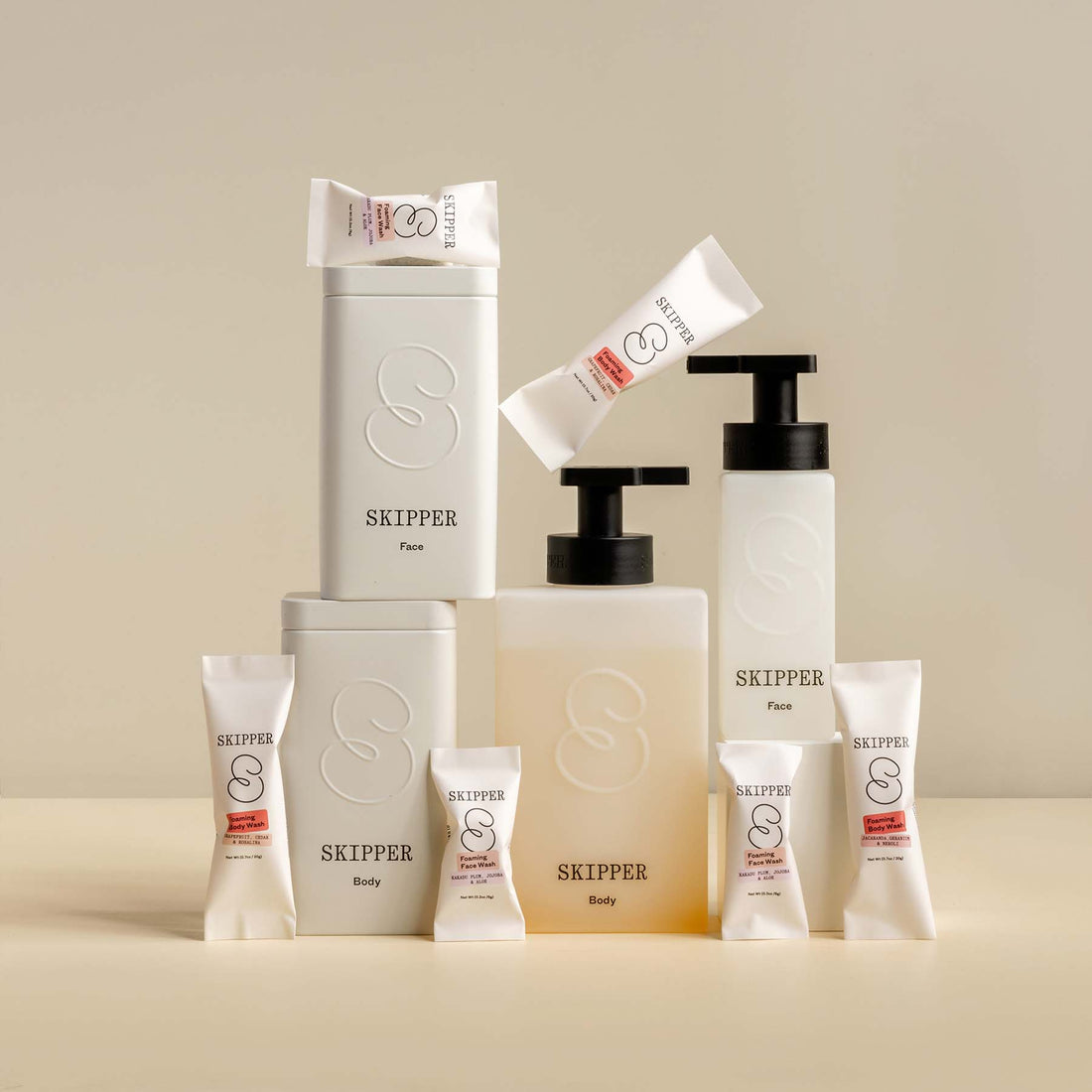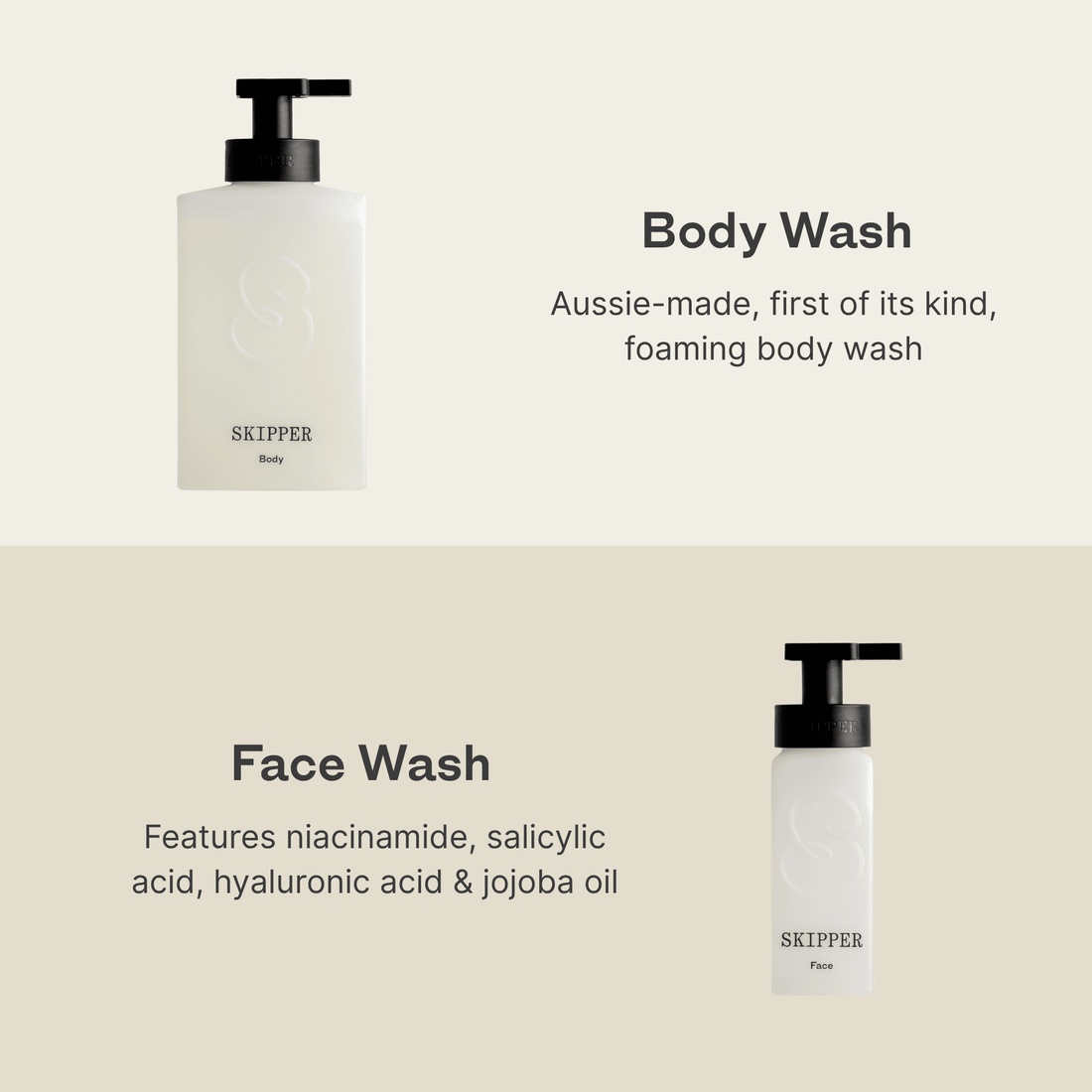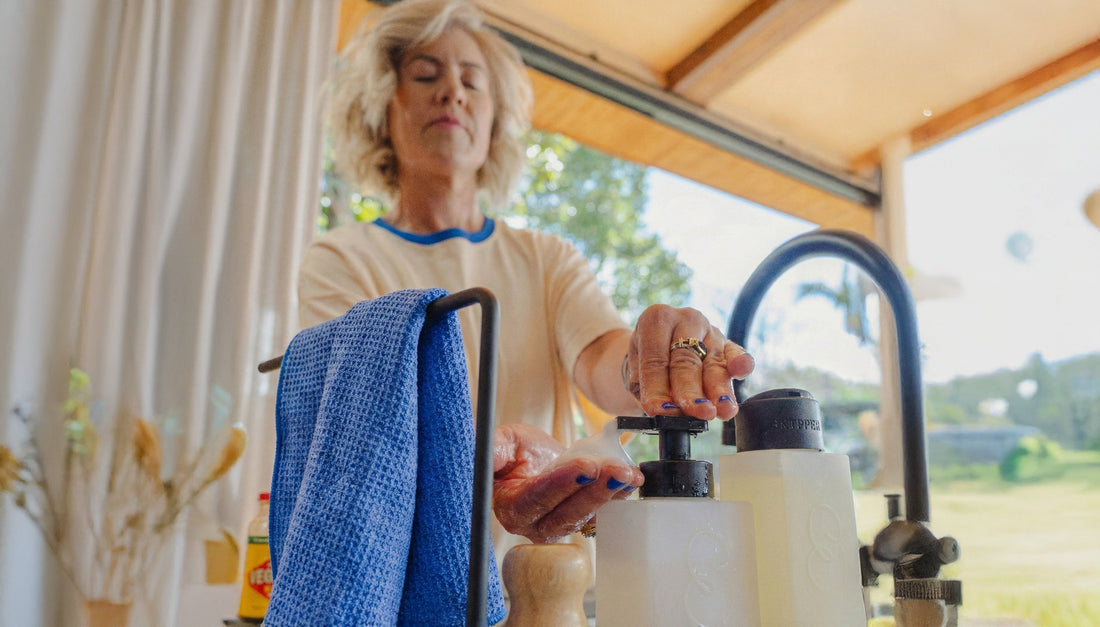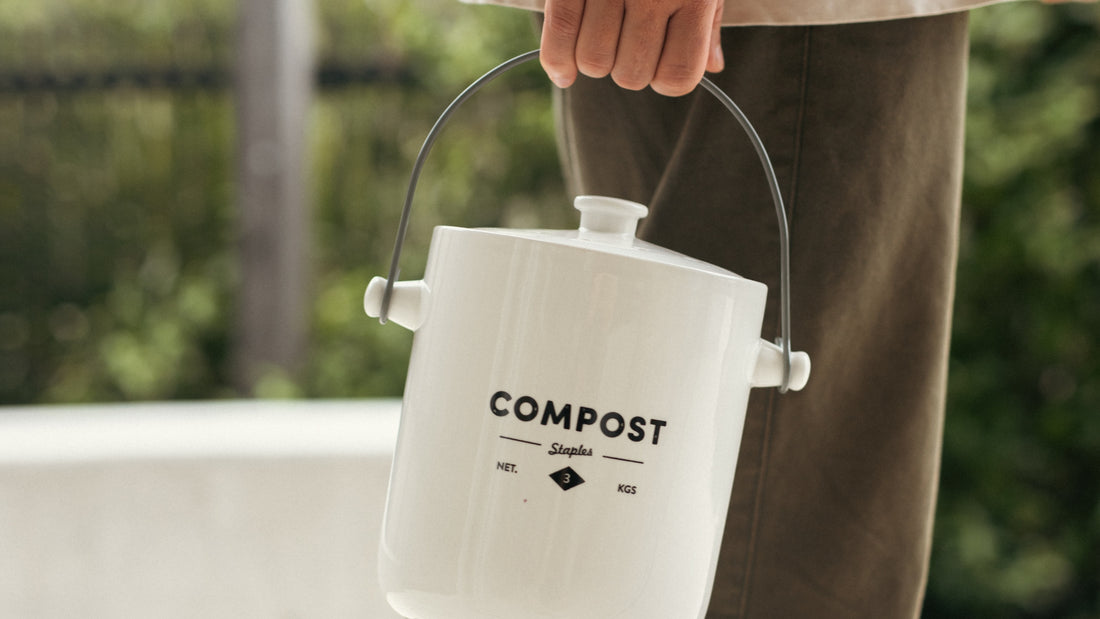There is a lot of hype around the term 'eco-friendly' or 'environmentally –friendly', often used interchangeably. Several organisations, advocacy groups, brands and individuals worldwide have jumped on the bandwagon of 'going green'. While it's a great moment as humankind can no longer deny the existential crisis posed by climate change, it's equally important to understand what 'eco-friendly' actually means to adopt it holistically as a 'way of life’.
What does the term ‘eco-friendly’ mean?
'Eco' originates from the Latin root 'oeco', meaning 'household'. It's often used to indicate 'habitat', 'home', or 'Earth', so 'eco-friendly' means Earth-friendly. According to the dictionary, being eco-friendly means being 'designed to have little or no harmful effect on the environment. Therefore, products, goods, events, and eco-friendly services do not cost the planet. When thinking about products, it means considering everything from where the product is sourced and made to the journey of how it's delivered to the consumers. Does any part of that process harm the planet? If so, it's not entirely eco-friendly.
Eco-friendly, Environmentally-friendly, Green & Sustainable
These four terms are often used interchangeably, so it's important to understand their significance and the nuances involved. Here is a general definition for each:
- Environmentally Friendly – like eco-friendly or earth-friendly, environmentally friendly means that the product or item is not ecologically harmful.
- Green – The term 'green' implies much more than colour. It describes anything that benefits the environment or minimises the impact on the planet. It can also involve using recycled materials, using fewer resources, or outfitting products with eco-friendly packaging.
- Sustainable- The United Nations defines the term sustainable as something that does not compromise the ability of future generations to meet their needs. Generally, everything we do has some impact on the next generation, but what we can do is choose more sustainable products.
The strategy of ‘greenwashing’
In your quest for a greener, eco-friendly living, you will notice that some brands offer genuine information and official seals of approval from recognised organisations. Other brands will merely label their products with green colours or a symbol such as a leaf, globe or a tree to give the impression that their product contributes to a sustainable environment. However, they will be without genuine proof that their products are indeed eco-friendly. Be aware of this marketing gimmick known as "greenwashing". Many popular brands will "greenwash" and perpetuate the very idea of an environmentally friendly product in nearly every aisle at the supermarket. For instance, single-use plastic bottles with a green label and leaf logo stating they produce "5% less plastic". Likewise, paper towels with a green label but excessively packaged in plastic. This doesn't mean you should altogether avoid these brands, but be well informed.
Being, ‘eco-friendly’ means being so in and out
Doing a little background research on specific brands and products is essential to determine which has the lowest environmental impact. You can also look more closely at the ingredients or materials to avoid. For example, if you are interested in using an eco-friendly soap that minimises water wastage, use the Skipper's hand soaps, Australia's first ever zero-waste liquid hand wash. It is made from plant origins and is not tested on animals. In fact, the soap tablets are also packed in 100% home compostable wrapping also made in Australia.
Most truly eco-friendly manufacturers will be open about their commitment to producing an environmentally friendly product. They will clearly state which ingredients are present, where they sustainability source their ingredients, and what they do to give back to the environment.
Conclusion: Smarter choices based on well-informed decisions is the way out
Being aware and staying well-informed about the nuances involved in eco-friendly practices will help us make wiser choices that will not cause any damage to the environment. Every time we step out to purchase a product, take your time to see if it is 'eco-friendly' or has elements that make it partially so. Understand that 'eco-friendly' products throughout their life-cycle do not adversely affect the environment. Similarly, taking a few steps like minimising your waste generation and carbon footprint, composting, and recycling products can be other great alternatives to adopting a sustainable lifestyle.
You can easily make a smart choice by reinventing your home with eco-friendly products. Skipper's range of personal and home care products is completely organic and comes in 100% compostable packaging. From Skipper's laundry sheets, hand soaps, and 100% compostable and reusable Skipper towels to the versatile universal cleaner, Skipper is on a mission to make the planet plastic-free. Explore the diverse products and make your home a safer, greener and healthier place to live!


































